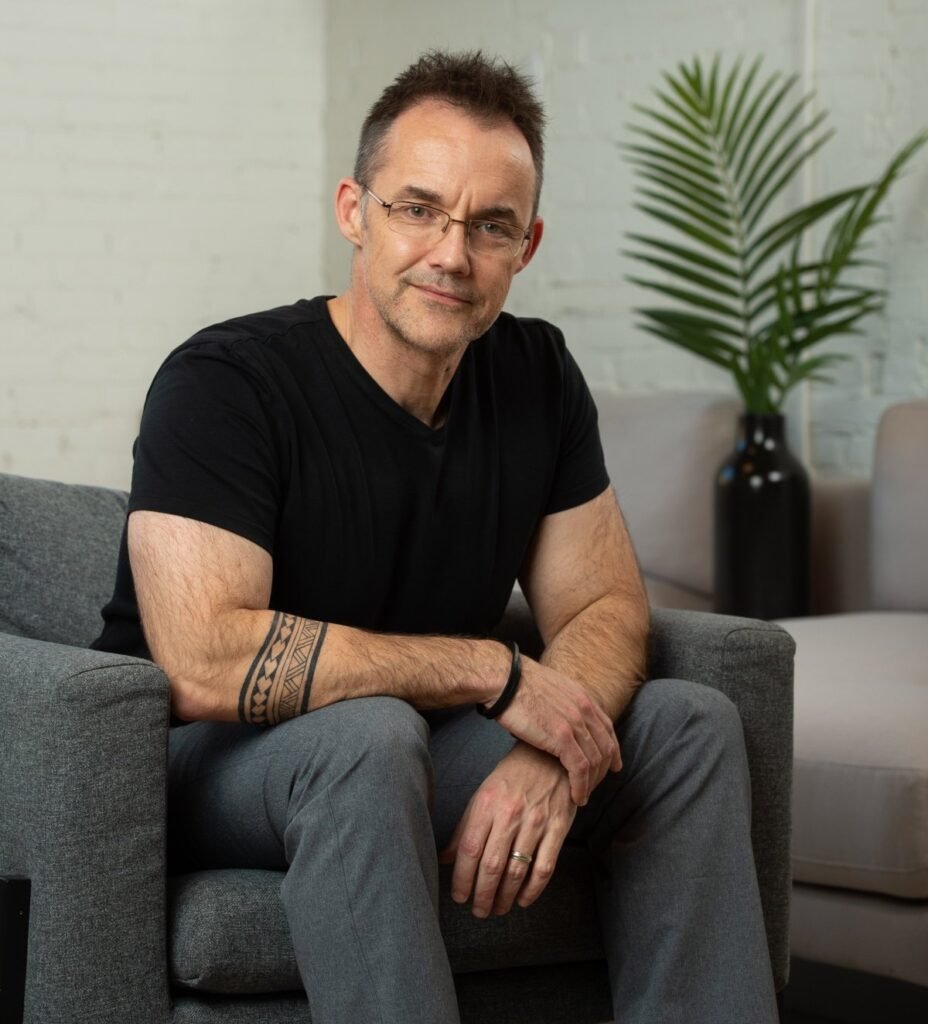We spoke with Nick Cowling, CEO of Citizen Relations is recognized as the communication agency of the year in Canada according to TopFICE 2022 ranking information from more than 60 festivals in America, Europe and Oceania.
According to TopFice’s ranking of the most important festivals in the world, Citizen is the top communications agency in Canada. To what do you owe this honor?
Citizen has been a ‘best kept secret’ for many years. We’ve transformed the agency in many ways over the last 2-3 years. We’ve seen significant growth, the team is stronger, and we’ve added a great deal of depth across a number of key areas – creative, strategy, digital, EDI, and sustainability. This has made our work the best it’s been and we’re only getting started. I expect our performance at festivals to be even better in 2023.
In addition to the festivals where you came in at #1, what else has made Citizen stand out this past year?
Our mission is to make every conversation count. We’ve taken that to heart in every way. Whether it’s a conversation with our clients, our colleagues, our leaders or our communities, we want to ensure we’re contributing, learning and acting. That has created a positive change in the way we work with clients and each other, the talent we attract, and our new brand identity which was just launched this year. I believe that our mission is the root cause for all the positive transformation. Having a purpose that the whole company can focus on is a really powerful thing.
How do you turn a consumer into a brand ally?
Today, getting a person engaged and committed to a brand requires much more than it did five or 10 years ago. There isn’t a magic tactical formula – I believe brands are viewed in the same way as we view our friends and colleagues. If you sense alignment in your values and purpose AND you have a positive transactional relationship, then you’ll want to keep that friend close. If you aren’t getting that, then the relationship will fade.
Why do you think consumers are becoming less loyal to brands?
I don’t think people are less loyal. I think they have an infinite choice and I think there’s a lot of misinformation coming at them that makes them believe they need to look around at options.
The challenge today is that most people feel a sense of urgency when they see something on social media or native ads – and the misinformation often outpaces the good content. This is where conversation is really powerful. Leveraging the trust built with loyal advocates – past and present – provides an opportunity to remind people what they really want, why they want it, or whether they want it right now. It can ground people so they can make a better decision or a decision based on a fully formed opinion vs a whim.
Do you agree with advertisers getting involved in political issues and advocacy?
Some brands are poised to make political statements and some are not. If a brand doesn’t speak regularly or act upon specific values or purpose, then it shouldn’t wade into a conversation it has no business playing a part in. Instead, organizations that want to play a role in society and haven’t yet, should take some time to define what they want to stand for and how they can have impact and then lean into it! However, there are some very active brands (Levis comes to mind regarding women’s rights) that should absolutely continue to live their corporate purpose and values. And their advocates expect them to.
What do you think about the shift Twitter is taking since being purchased by Elon Musk?
I think it’s too early to say how changes at Twitter will affect the platform or the average user. While I understand some of the changes (cost reduction), there are others I don’t agree with on a personal level. However, this might be a better question to answer in a year from now.
Around the world, many people now trust social media networks more than traditional media. Does this phenomenon affect advertisers and creative agencies?
I don’t know if people trust social media more than traditional, but they certainly are more comfortable consuming it. So, yes, marketers and communicators should absolutely be considering the ongoing evolution and trends happening on social. There’s lots of discussion today about the agency landscape changing as fast as possible to adapt to ‘less tv’ / ‘more digital’. However, it’s affecting more than the creative. Younger audiences are using social media more for search than platforms like Google – that’s a big shift, so if I was leading a media agency, I’d be taking notice too.
Using search as an example, I think the use cases in social media are about to go through a dynamic change. How they evolve regarding ‘news’ consumption or creation, web next community building and broadly its role in commerce will be really important to watch. I think one of the biggest shifts in social will be the evolution in Influencer Marketing – it’s going to have a massive shift in the next 12-18 months.




